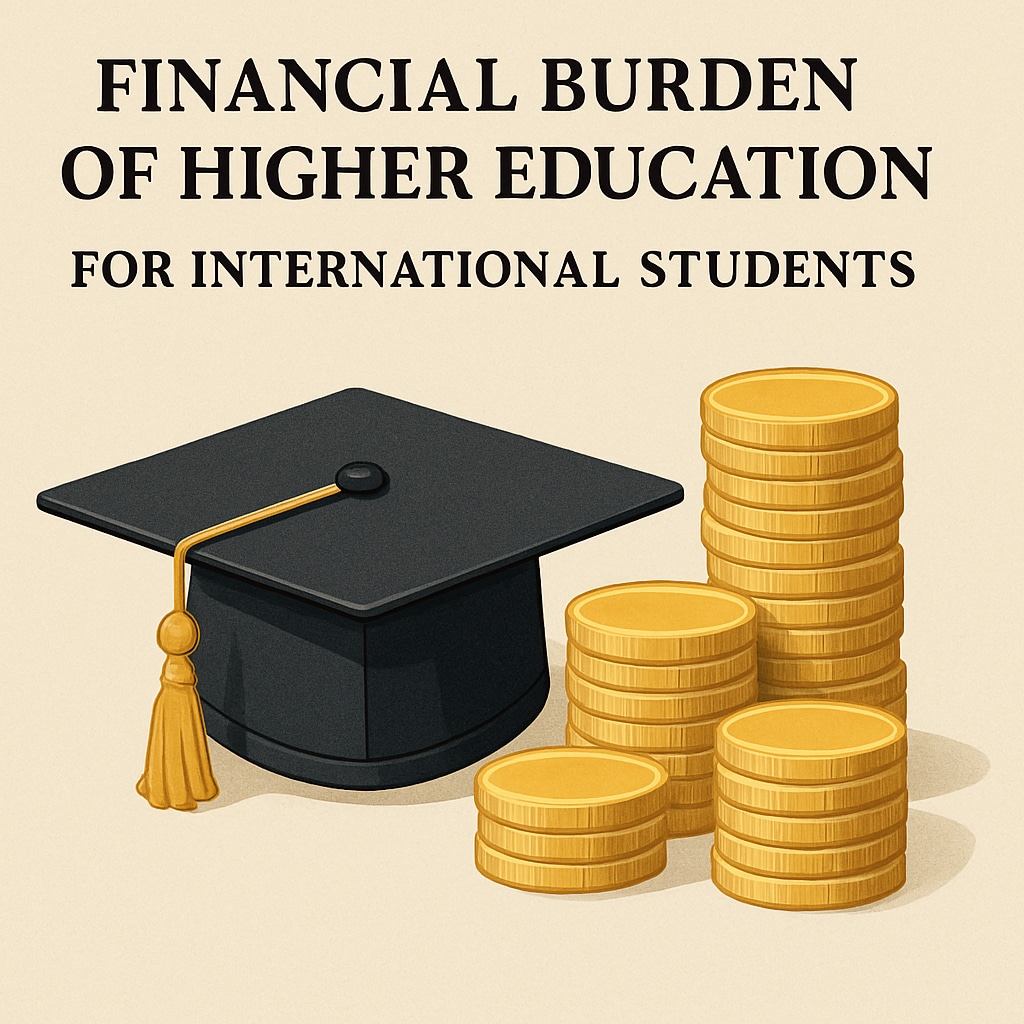For many immigrant families in the UK, gaining admission to prestigious institutions like Oxford University is a dream come true. However, the stark divide between domestic and international student fees often becomes an insurmountable challenge for students from immigrant backgrounds. This issue is further complicated by immigration status, which determines not only tuition rates but also eligibility for financial aid. These systemic barriers, as illustrated by the case of a Nigerian immigrant student recently admitted to Oxford, expose the significant inequities in the UK’s higher education system.
Understanding Tuition Fee Disparities for Immigrant Students
In the UK, universities categorize students as either “Home” or “International” for the purpose of tuition fees. Home students, who typically hold settled status or citizenship, benefit from significantly reduced fees and access to government loans. In contrast, international students, including those with temporary immigration statuses, face much higher tuition rates. For example, an undergraduate degree at Oxford University may cost £9,250 per year for Home students, but the same program could cost over £30,000 annually for international students.
This discrepancy places immense financial pressure on immigrant families, particularly those who may not yet have permanent residency or citizenship. For families who have recently migrated to the UK, their children may be classified as international students despite having lived and studied in the country for years. The lack of alignment between residency status and educational opportunity creates a significant barrier to higher education access.

Immigration Status and Funding Eligibility
Another critical issue faced by immigrant students is their ineligibility for government-funded student loans or grants. In the UK, these financial aids are generally reserved for Home students, leaving international students to rely on personal savings, private loans, or external scholarships. For immigrant families with limited financial resources, this can make higher education unattainable, even for academically gifted students.
The case of the Nigerian student admitted to Oxford University highlights this challenge. Although academically qualified, the student’s family could not afford the international tuition fees, and their temporary immigration status disqualified them from accessing government loans. This scenario is not unique; thousands of immigrant students in the UK face similar obstacles every year, with many forced to forgo their university ambitions.

Policy Implications and the Call for Change
The current policies governing tuition fees and funding eligibility create a significant gap in educational equity for immigrant families. Critics argue that these policies fail to account for the contributions and long-term potential of immigrant students, many of whom have grown up and been educated in the UK. Additionally, the financial barriers disproportionately affect students from lower-income and minority backgrounds, perpetuating cycles of inequality.
Several advocacy groups and educational organizations have called for reforms to address these disparities. Suggested changes include:
- Aligning tuition fee classifications with residency duration rather than immigration status.
- Expanding access to government loans for all long-term UK residents, regardless of their immigration status.
- Creating targeted scholarships and grants for immigrant students to bridge the funding gap.
These measures, if implemented, could help ensure that talented students are not excluded from higher education due to financial and systemic barriers.
For more information on tuition fee policies in the UK, visit Tuition fees in the United Kingdom on Wikipedia. For a broader understanding of immigration’s impact on education, see Immigration on Britannica.
Conclusion: Bridging the Divide
The case of the Nigerian student admitted to Oxford University underscores the urgent need to address the tuition fee disparities and funding challenges faced by immigrant students in the UK. As the country continues to rely on the contributions of immigrant communities, ensuring equitable access to education is not only a matter of fairness but also a strategic investment in the nation’s future. By reforming policies and offering targeted support, the UK can break down the barriers that currently limit opportunities for thousands of talented students.
Immigrant families often come to the UK with the hope of a better future, and education remains a cornerstone of that dream. It is imperative for policymakers, universities, and society as a whole to work towards an equitable system where every student, regardless of their immigration status, has the chance to thrive.


